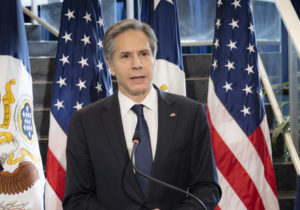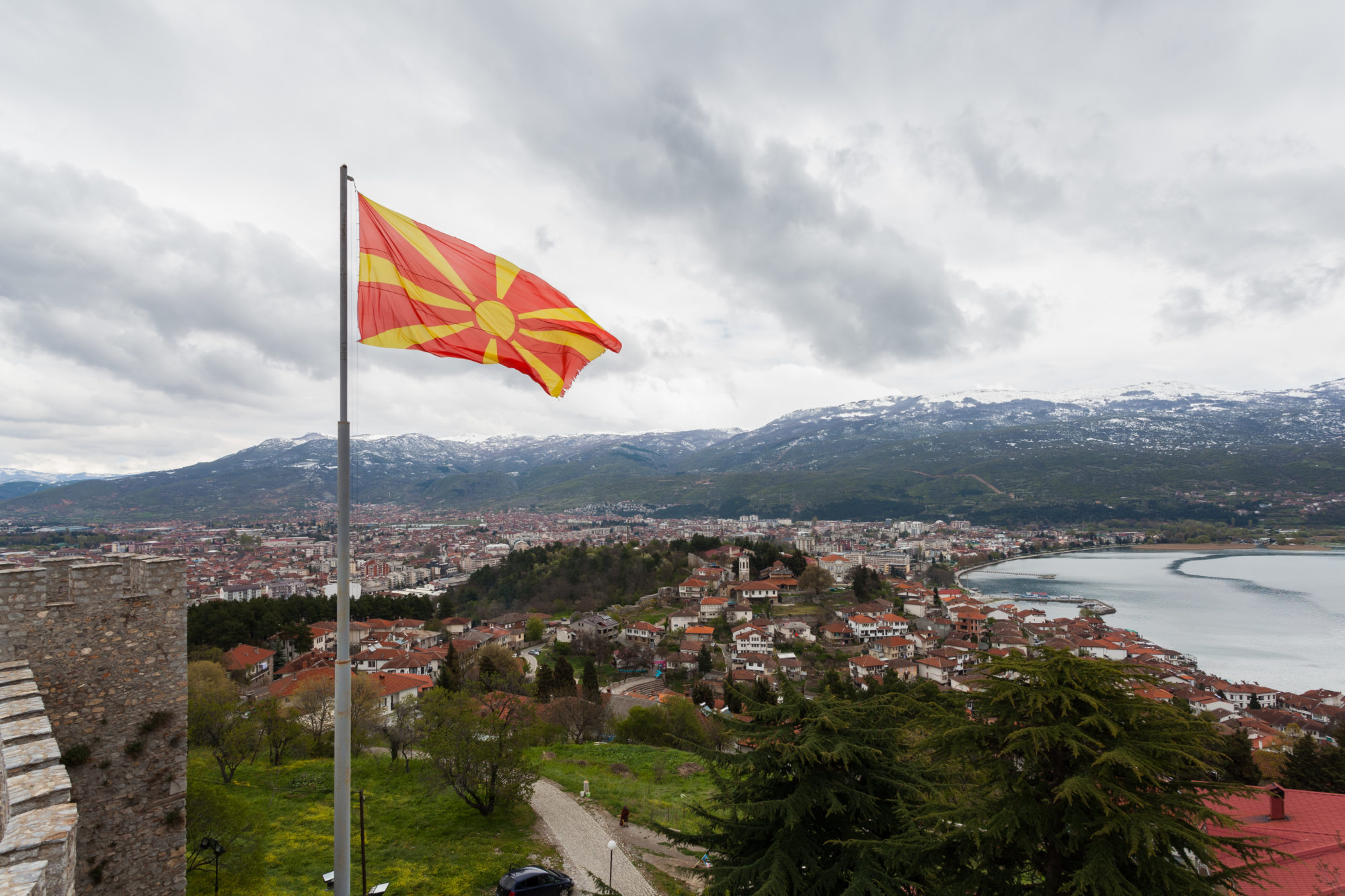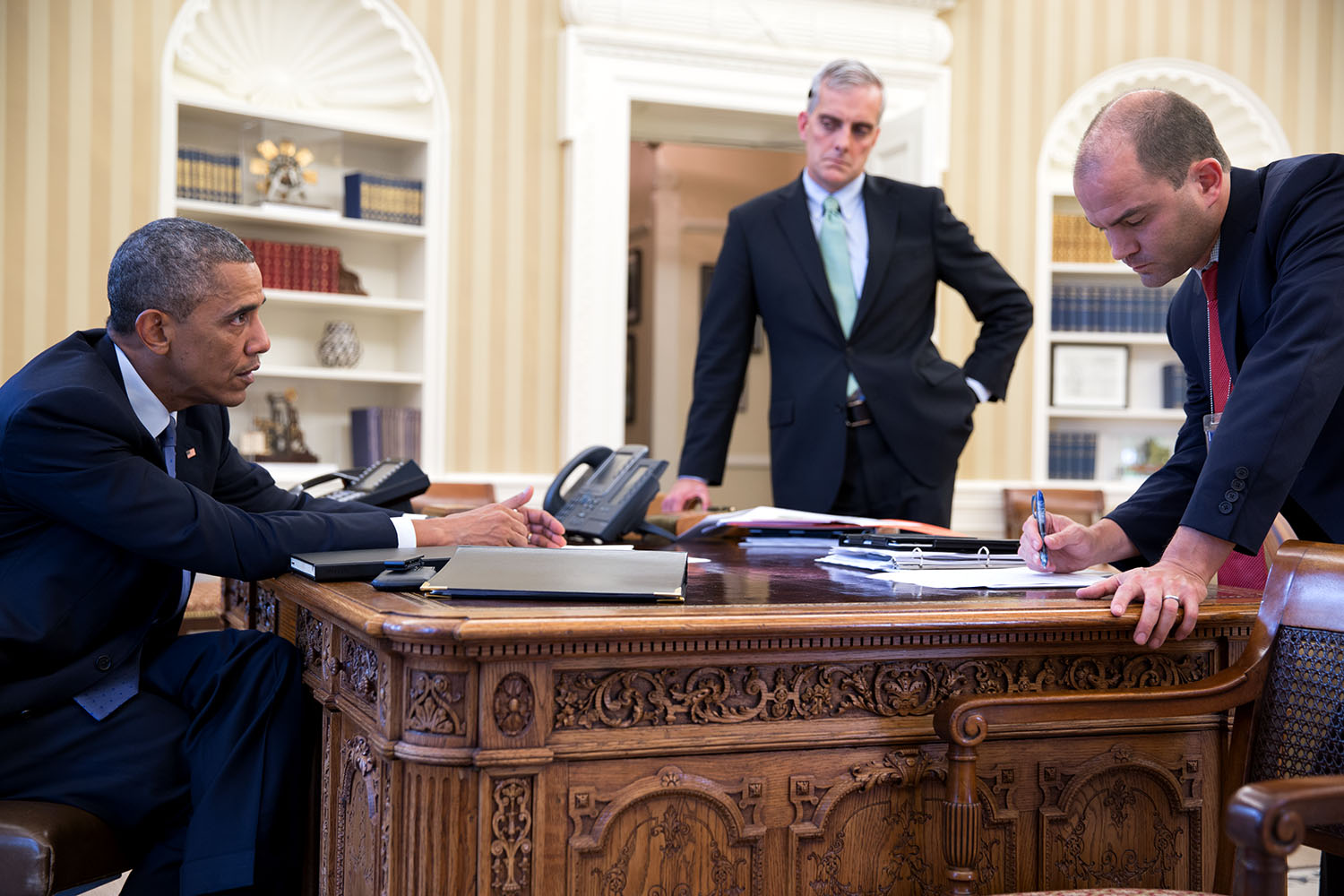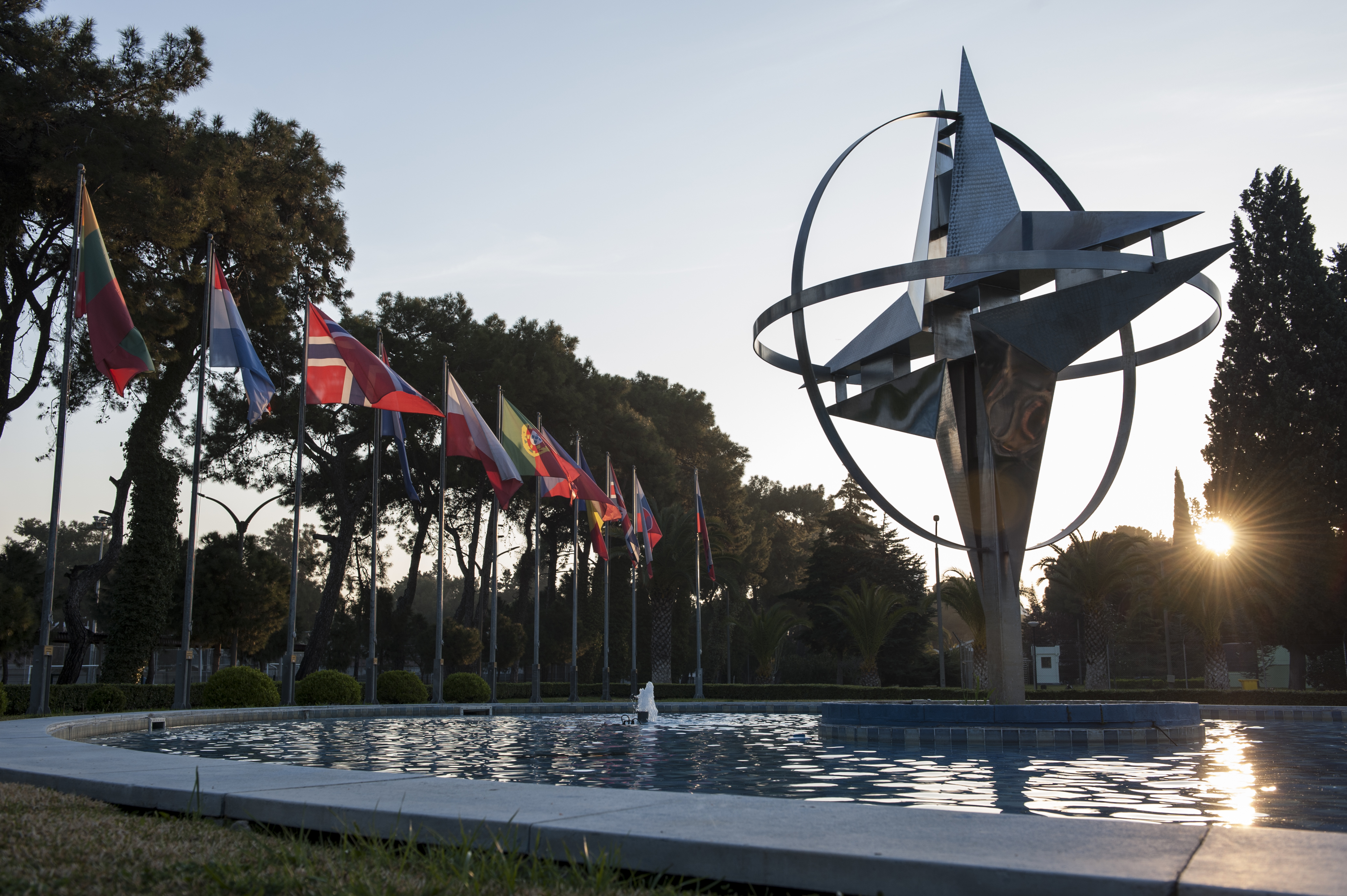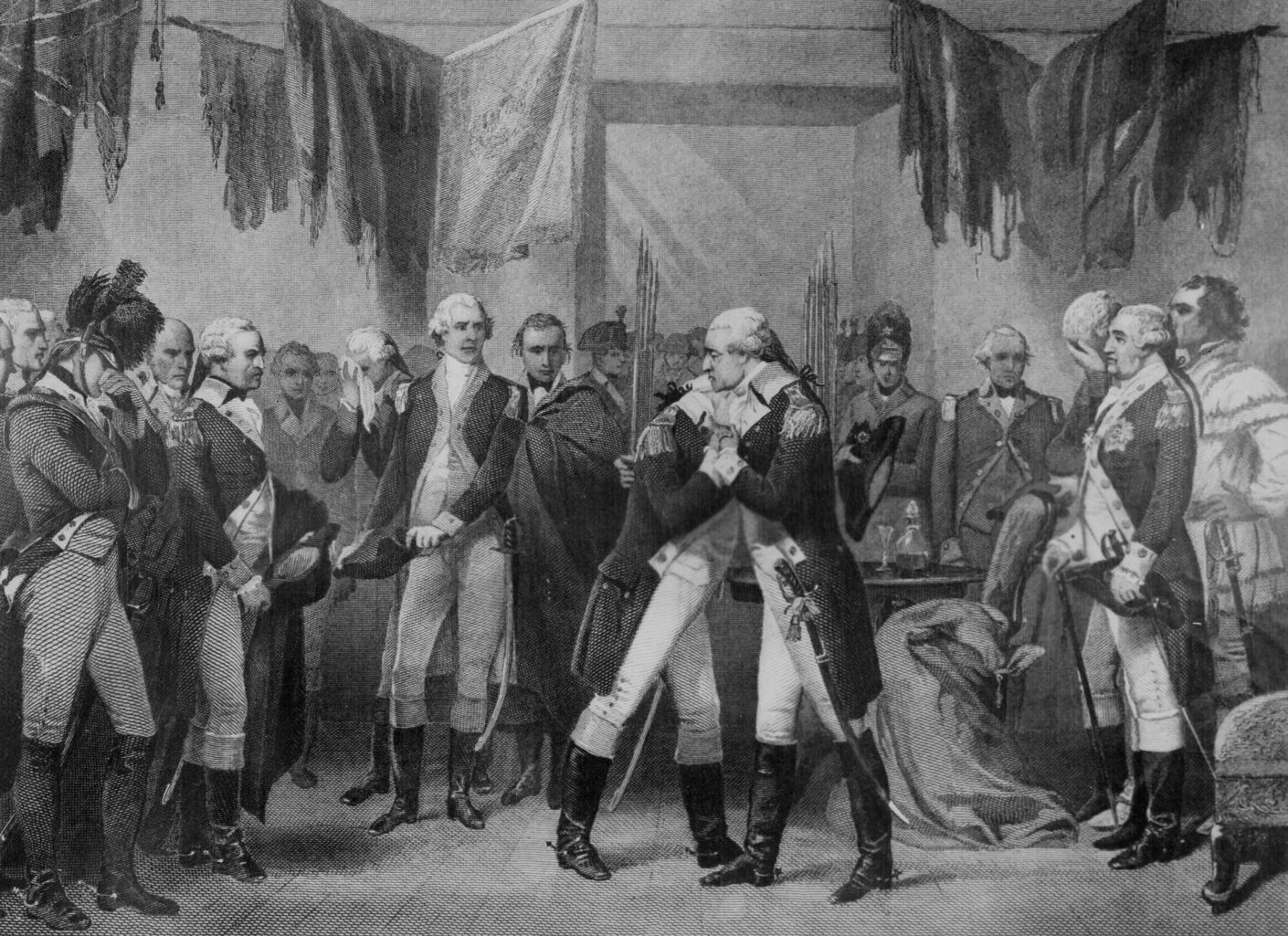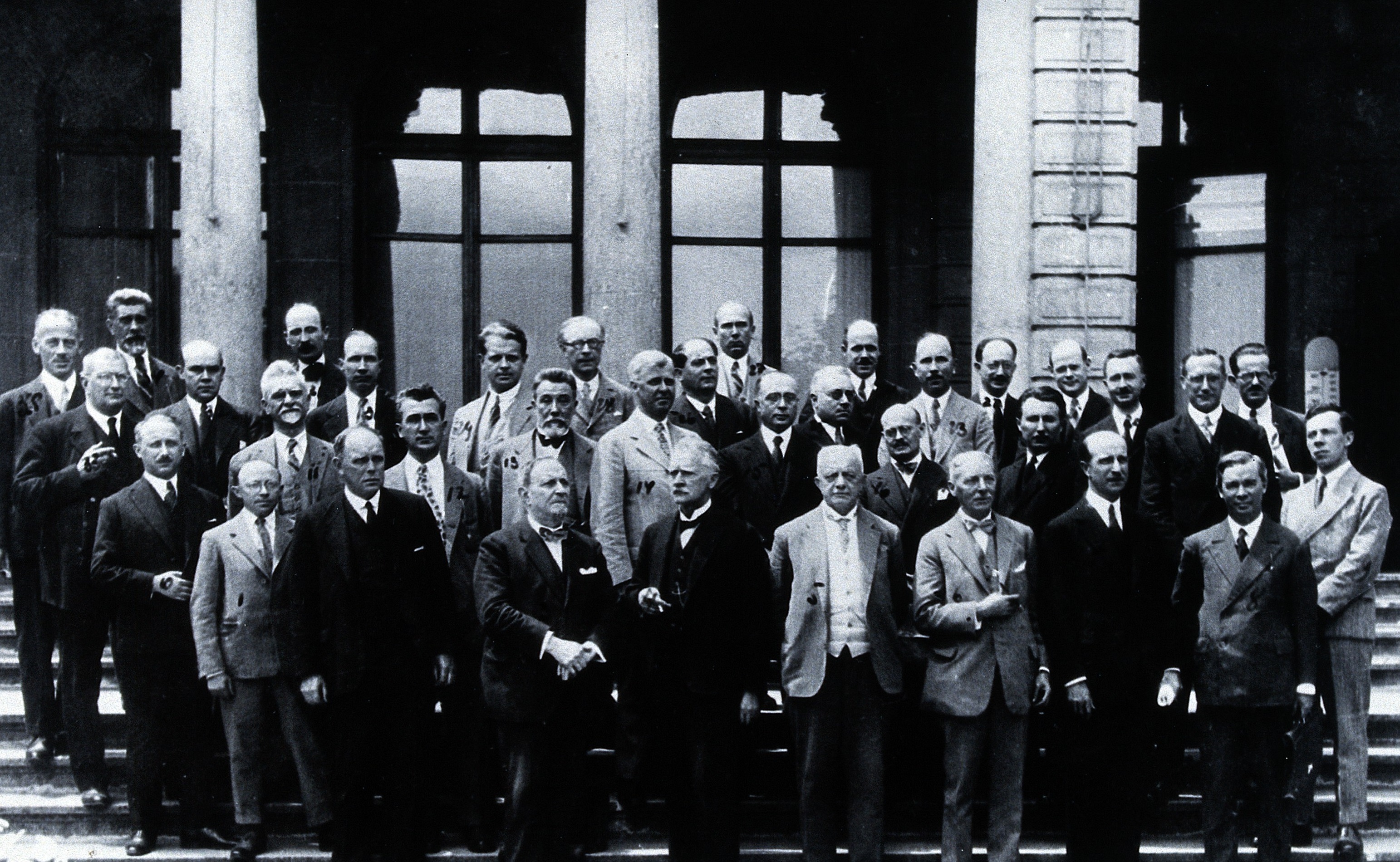The Consequence of Reckless Words
Trump’s reckless words about NATO obscure the necessary and mutually beneficial nature of America’s system of alliances
Alan DowdMarch 7, 2024
Chosen: A Lament for War
A Lament for War: Director Jasmin Dizdar on his Holocaust Film “The Chosen” and His Family History.
Judith Mendelsohn RoodJanuary 27, 2023
Secretary Antony Blinken and the Battle of Ideas
Few have discussed Secretary of State Antony Blinken’s formative early years of public service prior to joining Biden’s staff, years when our paths crossed.
Matt GobushMarch 2, 2021
Macedonia’s New Name
The dispute over Macedonia’s name began in 1991 after the country broke away from Yugoslavia, but now it has decided with Greece on a new name. This is good news for the United States.
Alan DowdJune 21, 2018
Obama’s Internationalist Moment: Review of HBO’s The Final Year
HBO’s The Final Year traverses the globe, from Africa to the Arctic, Havana to Hanoi, but it is in Syria where the cockfight personified by Samantha Power and Ben Rhodes climaxes. Indeed, President Obama claims that “on no other issue was there such a split” between them.
Matt GobushMarch 12, 2018
Religion in Russian Geopolitical Strategy
As daunting as it may be, closing the God gap is a necessary step to improving communication with Russia and other important actors in international affairs.
Gordon R. MiddletonMarch 2, 2018
NATO Takes the Fifth
What does NATO need to do going forward? The short answer: more and less.
Alan DowdFebruary 23, 2018
Afterthoughts on the Farewell Address: Washington’s Wisdom
In this convicting article, originally published in Christianity and Crisis on March 8, 1943, Editor Howard C. Robbins decries isolationism as the ideology of less prosperous and influential times. He exhorts the United States to assume the responsibility demanded of a large nation-state and work to “end international anarchy.” Evoking the spirit of George Washington’s Farewell Address, Robbins pleads the United States to embrace a central role in international politics. Furthermore, he implores the American public to follow in Washington’s footsteps by shedding partisan politics.
Christianity & Crisis MagazineFebruary 2, 2018
Why the League Failed: 13 Crippling Shortcomings
The much-maligned League of Nations experienced difficulties and shortcomings, which are visible in the functioning of the modern UN – and to a lesser extent, the International Criminal Court. George Stewart provides no less than thirteen reasons for the League’s failure, foremost among them the United States’ refusal to join, despite President Wilson’s labors as the prime architect. Stewart’s criticism of the League’s weaknesses, in its simultaneous impotence and incompetence, serves as a reminder for the need of robust, yet practical, international structures.
Christianity & Crisis MagazineJanuary 26, 2018


